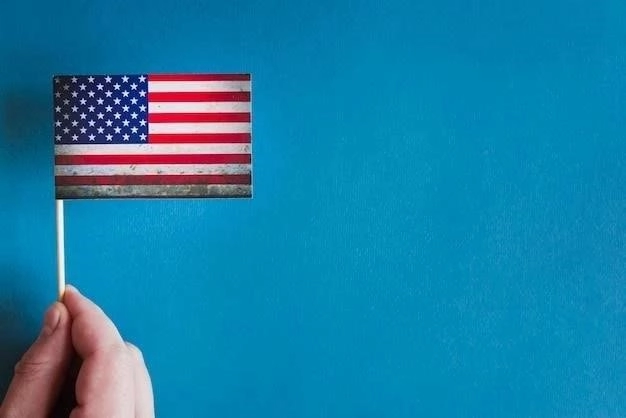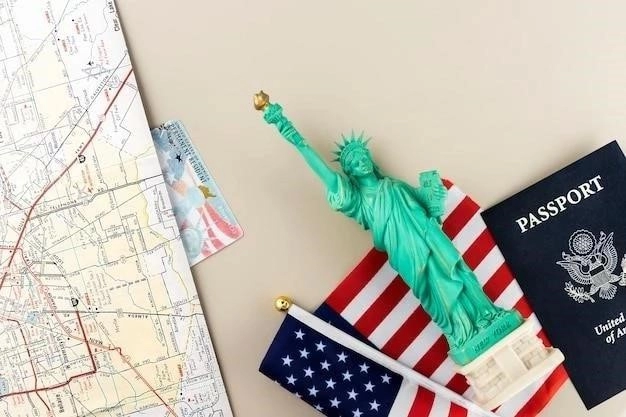The United States and the United Nations: A Complex Relationship
The relationship between the United States and the United Nations is multifaceted and marked by both profound cooperation and recurring tensions. As a founding member and the largest financial contributor to the UN, the U.S. has historically played a leading role in shaping the organization’s agenda and actions. However, this dynamic has evolved over time, with shifts in global power, evolving foreign policy objectives, and domestic political considerations all influencing the nature and extent of U.S. engagement with the UN. This complex interplay of factors has resulted in a relationship characterized by both periods of robust support for multilateralism and instances of strategic withdrawal or calls for reform.
Historical Context: From Founding Member to Strained Ties
The United States, emerging from World War II as a global superpower, played a pivotal role in establishing the United Nations in 1945. The UN’s headquarters was established in New York City, a testament to the strong initial commitment of the U.S. to the principles of multilateralism and international cooperation. The early years of the U.S.-UN relationship were characterized by strong American leadership, particularly during the Cold War, as the UN served as a crucial platform for advancing U.S. foreign policy objectives in the face of Soviet expansionism.

However, the relationship has been punctuated by periods of strain and divergence. The Vietnam War, for instance, ignited domestic criticism within the U.S. regarding the UN’s efficacy and its perceived limitations in addressing complex international crises. The post-Cold War era brought new challenges, with the U.S. grappling with its role in a changing world order. Interventions in Somalia and the Balkans tested the U.S.’s commitment to multilateral peacekeeping, while the 2003 invasion of Iraq, undertaken without explicit UN Security Council authorization, exposed deep divisions within the international community and raised questions about the U.S.’s commitment to international law and the UN Charter.
Financial Contributions: A Leading Provider with Outstanding Dues
The United States has consistently been the largest financial contributor to the United Nations since its inception. This level of funding underscores the significance the U.S. places on the UN’s role in global affairs. American contributions support a wide array of UN programs, encompassing peacekeeping operations, humanitarian aid, development initiatives, and the organization’s core operational budget. This financial backing has been instrumental in enabling the UN to address pressing global challenges and advance international cooperation on a multitude of fronts.
However, the issue of outstanding dues has cast a shadow over the U.S.’s financial relationship with the UN. Despite its position as a leading contributor, the U.S. has, at times, accrued significant arrears in its financial obligations to the organization. These unpaid dues have become a recurring point of contention, with critics arguing that they undermine U.S. credibility and its ability to effectively advocate for reforms within the UN system. The reasons for these arrears are complex, often intertwined with domestic political debates and budgetary constraints within the U.S. Congress.
The Security Council: A Permanent Seat and Veto Power
The United States holds one of the five permanent seats on the UN Security Council, alongside the United Kingdom, France, Russia, and China. This privileged position, a legacy of the post-World War II order, grants the U.S. significant influence over the UN’s most consequential decisions related to international peace and security. The power of veto, wielded by each permanent member, allows the U.S. to block any Security Council resolution, regardless of the level of international support it might garner.
This veto power has been both a source of American strength and a lightning rod for criticism. On the one hand, it has enabled the U.S. to safeguard its national interests, prevent actions deemed detrimental to its foreign policy objectives, and, at times, shield allies from censure. Conversely, the veto has been accused of fostering a sense of double standards, hindering the Security Council’s ability to address crises effectively, particularly when permanent members are themselves involved, and fueling perceptions of an undemocratic and unrepresentative global governance structure.
Peacekeeping Operations: Shifting Roles and the “Black Hawk Down” Turning Point
The United States has historically been a significant participant in UN peacekeeping operations, providing financial, logistical, and personnel contributions to missions across the globe. During the Cold War, U.S. involvement was often shaped by strategic considerations, supporting peacekeeping efforts that aligned with its containment policy against Soviet influence. However, the post-Cold War era witnessed a shift in both the nature of peacekeeping operations and the U.S. role within them.
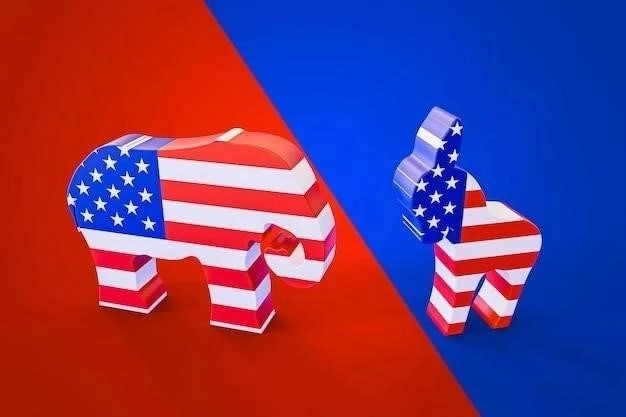
The 1993 “Black Hawk Down” incident in Somalia, where U.S. forces involved in a UN peacekeeping mission suffered significant casualties, marked a turning point. The event prompted a reassessment of U.S. involvement in peacekeeping, leading to a more cautious and selective approach. Concerns about casualties, mission creep, and the efficacy of multilateral interventions contributed to a decline in direct U.S. military participation in UN peacekeeping operations. While the U.S. remains a top financial contributor to peacekeeping, it has often favored a less direct role, opting to provide logistical support, training, and financial assistance to partner nations deploying troops.
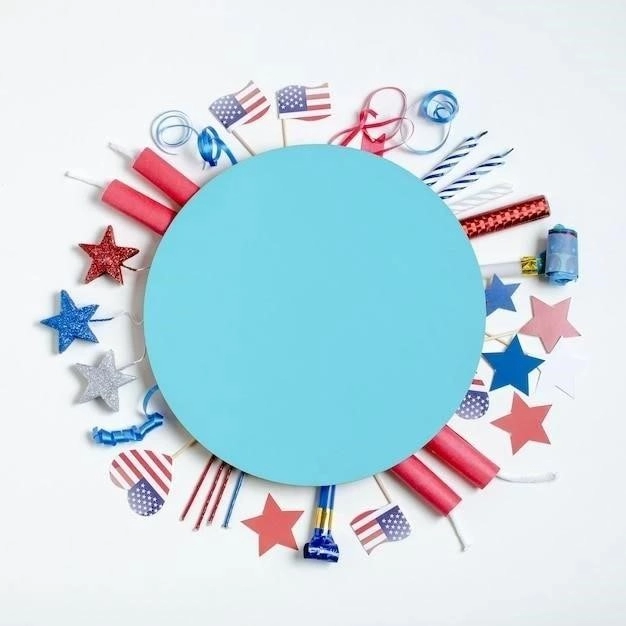
U.S. Foreign Policy Objectives and the UN: Alignment and Divergence
The United States views the United Nations as a valuable, albeit imperfect, instrument for advancing its foreign policy objectives on the global stage. The UN provides a forum for diplomacy, coalition-building, and the promotion of U.S. values, such as democracy, human rights, and the rule of law. The organization’s global reach and legitimacy can amplify American diplomatic efforts, particularly in addressing transnational challenges that require multilateral cooperation, such as climate change, pandemic preparedness, and terrorism.
However, the U.S. also recognizes the inherent limitations of multilateralism and the potential for divergence between its national interests and UN actions. The need to secure consensus within the UN system, particularly within the Security Council, can at times constrain U.S. freedom of action or lead to compromises that fall short of U.S. preferences. Instances where U.S. foreign policy objectives have diverged from UN positions, such as the 2003 Iraq War or the Israeli-Palestinian conflict, have highlighted the challenges of balancing national interests with multilateral diplomacy.
Domestic Politics and Public Opinion: Influences on UN Engagement
The United States’ relationship with the United Nations is not solely shaped by foreign policy calculations; it is also significantly influenced by domestic politics and public opinion. The level of U.S. engagement with the UN, both financially and diplomatically, is often subject to intense debate within the U.S. Congress, reflecting broader partisan divisions over the role of multilateralism in American foreign policy.
Public opinion within the U.S. regarding the UN is multifaceted and has fluctuated over time. While polls generally indicate support for the UN’s ideals and its role in addressing global challenges, there are varying degrees of confidence in the organization’s effectiveness. Skepticism about the UN’s bureaucracy, concerns about the perceived erosion of U.S. sovereignty, and the influence of domestic political rhetoric can all impact public perceptions and, consequently, the political space for robust U.S. engagement with the UN.

Calls for UN Reform: American Perspectives and Global Implications
The United States has been a vocal advocate for reform within the United Nations, seeking to enhance the organization’s efficiency, transparency, and accountability. American calls for reform often center on streamlining the UN’s bureaucracy, addressing budgetary inefficiencies, and improving the Security Council’s responsiveness to global crises. The U.S. has also expressed concerns about the composition of the Security Council, arguing for a more representative structure that reflects the evolving global power balance.

These calls for reform reflect broader debates about the future of global governance and the role of multilateral institutions in the 21st century. While many member states acknowledge the need for modernization and adaptation, perspectives on the scope and direction of UN reform vary widely. Navigating these diverse viewpoints, balancing the interests of powerful states with the aspirations of developing nations, and achieving consensus on meaningful reform measures remains a significant challenge for the UN and its member states.
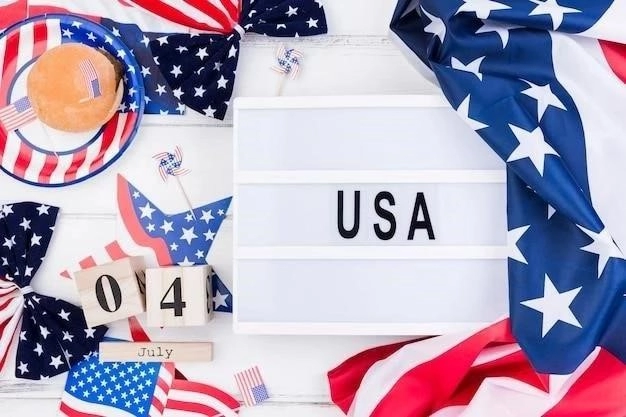
Multilateralism vs. Unilateralism: Balancing Approaches in a Changing World Order
The United States’ relationship with the United Nations reflects a broader tension in American foreign policy between multilateralism, which emphasizes cooperation and collective action through international institutions, and unilateralism, which prioritizes the pursuit of national interests through independent action. The U.S. has, at different times, embraced both approaches, seeking to leverage the strengths of each in navigating the complexities of the international system.

The UN, as the preeminent global organization, serves as a focal point for this ongoing debate. Advocates of multilateralism within the U.S. argue that the UN provides an essential framework for addressing transnational challenges, promoting global stability, and amplifying American influence through diplomacy and coalition-building. Conversely, proponents of a more unilateral approach contend that the UN can constrain U.S. freedom of action, impose limitations on its sovereignty, and prove ineffective in responding to urgent crises.
The Future of the U.S.-UN Relationship: Challenges and Opportunities in the 21st Century
The future of the relationship between the United States and the United Nations faces a confluence of challenges and opportunities in the 21st century. The international system is characterized by increasing complexity, with a resurgence of great power competition, the proliferation of transnational threats, and the escalating impacts of climate change. These multifaceted challenges necessitate global cooperation and effective multilateralism more than ever before.
The U.S., despite its enduring global influence, cannot unilaterally address these multifaceted challenges. The UN, while imperfect, remains an indispensable forum for fostering dialogue, building consensus, and coordinating collective action on a global scale. However, the future effectiveness of the UN, and the U.S.’s role within it, will depend on navigating the tensions inherent in the relationship, addressing calls for reform, and finding common ground on issues of shared interest. The ability of the U.S. and the UN to adapt to a rapidly changing global landscape will be crucial in determining their shared success in addressing the pressing challenges of the 21st century.

